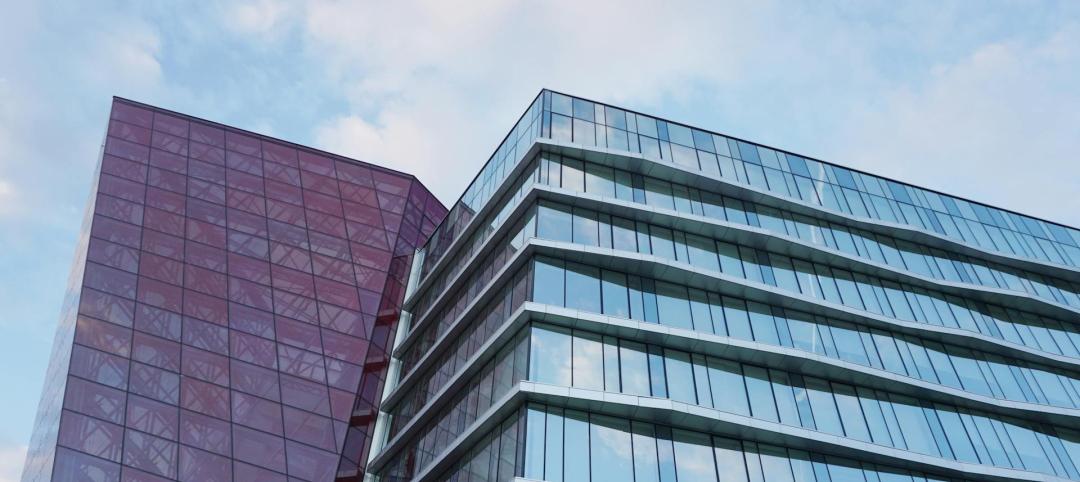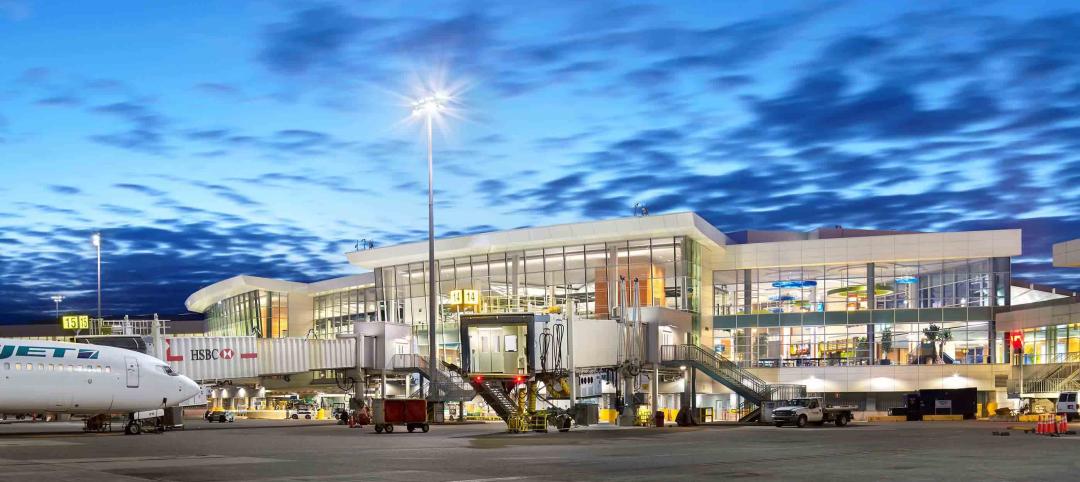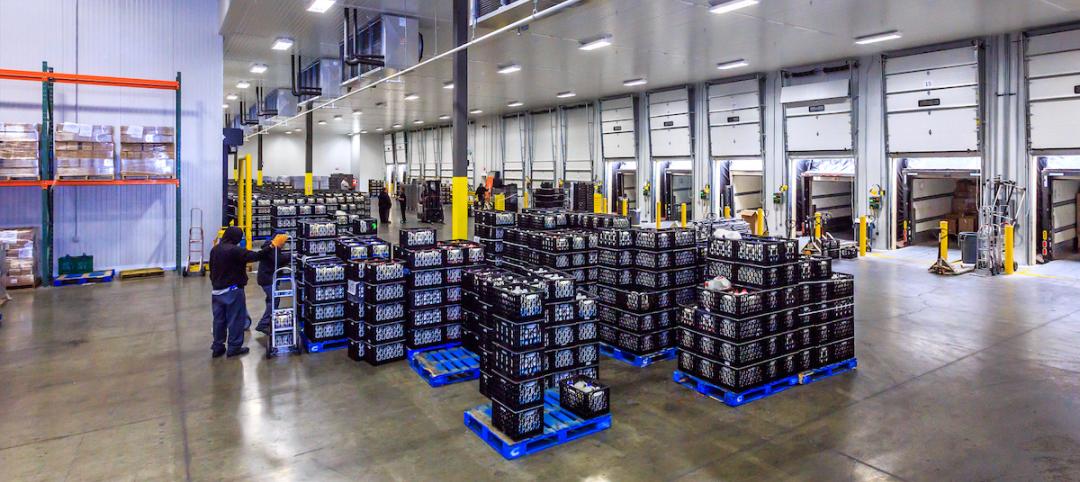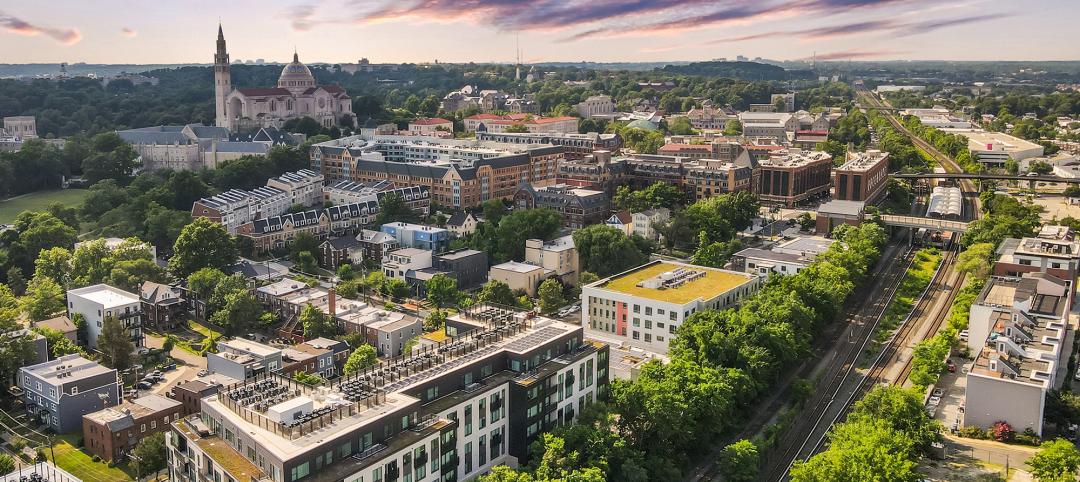With COP21 not far behind us and an election on the horizon, climate change and renewable energy continue to be front and center issues on the world stage. Conversely, while electricity rates across the country continue to increase, solar panels have become more affordable and viable than ever. Yet, at a time when green technology is expanding, one question still remains – why aren’t more commercial building professionals investing in clean energy projects?
Battling complex climates
Within the corporate climate, choosing when and how to go solar is a big decision for many companies. Solar installations require committed, experienced partners capable of providing a seamless process from conception to Operations and Maintenance. Unfortunately, more often than not, strong project support at the start diminishes down the line once a project is up and running, where it is needed to ensure a system’s long-term health. To take the first step, building officials and facility managers need assurance that they are working with a qualified company that will stand by their installation for years to come.
Environmentally speaking, a region’s climate can also be a major hurdle. Typically, a solar system’s central inverters are designed to protect against snow. A pioneer in the solar industry since 1975, Panasonic’s rich history of solar project development includes systems constructed in areas prone to heavy snow and aggressive winds. These extreme elements caused precipitation to enter into the central inverters, resulting in serious problems. The challenge here was sourcing and developing an inverter that could flourish in these harsh climates.
O&M in action
When it comes to complex climates, from a corporate or environmental perspective, the value of comprehensive O&M comes into play. With the full O&M package – NOC and maintenance services, operations and asset management, total system protection, expert technical guidance and guarantees – solar adopters are able to maximize return on investment, optimize system performance and minimize operating costs while controlling long-term costs. A full EPC vendor delivering O&M services for highest performance energy generation and ROI, Panasonic provides a sense of comprehensive quality assurance, all backed by an $11 billion balance sheet.
For those projects under the onslaught of severe weather, the Panasonic O&M team went to the source, conducting a root cause analysis with the inverter manufacturer. Working together, Panasonic and the inverter manufacturer identified the necessary design modifications, prototyped an innovative snow shield design, and deployed it as a retrofit
This is just one example of how Panasonic works with its industry-leading Engineering and Development teams of more than 100 employees across the country to ensure project success and keep each installation thriving. When an issue does arise, the Panasonic O&M planning and scheduling team dispatches a technician, optimizing their time onsite to ensure a fast, reliable and cost-effective solution is put into place. With these practices at hand, solar systems are set for success for decades to come.
To learn more about Panasonic O&M services, please visit www.panasonic.com/energysolutions.
Related Stories
Healthcare Facilities | Jul 18, 2024
Why decarbonizing hospitals smartly is better than electrification for healthcare design
Driven by new laws, regulations, tariffs, ESG goals, and thought leaders in the industry itself, healthcare institutions are embracing decarbonization to meet 2050 goals for emissions reductions.
Codes and Standards | Jul 8, 2024
New York State building code update would ban fossil fuels in new buildings
New York’s Building Code Council is set to include the All-Electric Buildings Act in its 2025 code update. The Act would ban natural gas and other fossil fuels in new buildings.
University Buildings | Jun 18, 2024
UC Riverside’s new School of Medicine building supports team-based learning, showcases passive design strategies
The University of California, Riverside, School of Medicine has opened the 94,576-sf, five-floor Education Building II (EDII). Created by the design-build team of CO Architects and Hensel Phelps, the medical school’s new home supports team-based student learning, offers social spaces, and provides departmental offices for faculty and staff.
Concrete Technology | Jun 17, 2024
MIT researchers are working on a way to use concrete as an electric battery
Researchers at MIT have developed a concrete mixture that can store electrical energy. The researchers say the mixture of water, cement, and carbon black could be used for building foundations and street paving.
HVAC | May 28, 2024
Department of Energy unveils resources for deploying heat pumps in commercial buildings
To accelerate adoption of heat pump technology in commercial buildings, the U.S. Department of Energy is offering resources and guidance for stakeholders. DOE aims to help commercial building owners and operators reduce greenhouse gas emissions and operating costs by increasing the adoption of existing and emerging heat pump technologies.
K-12 Schools | Apr 30, 2024
Fully electric Oregon elementary school aims for resilience with microgrid design
The River Grove Elementary School in Oregon was designed for net-zero carbon and resiliency to seismic events, storms, and wildfire. The roughly 82,000-sf school in a Portland suburb will feature a microgrid—a small-scale power grid that operates independently from the area’s electric grid.
Airports | Apr 18, 2024
The next destination: Passive design airports
Today, we can design airports that are climate resilient, durable, long-lasting, and healthy for occupants—we can design airports using Passive House standards.
Codes and Standards | Apr 12, 2024
ICC eliminates building electrification provisions from 2024 update
The International Code Council stripped out provisions from the 2024 update to the International Energy Conservation Code (IECC) that would have included beefed up circuitry for hooking up electric appliances and car chargers.
Industrial Facilities | Apr 9, 2024
Confessions of a cold storage architect
Designing energy-efficient cold storage facilities that keep food safe and look beautiful takes special knowledge.
Sustainability | Apr 8, 2024
3 sustainable design decisions to make early
In her experience as an architect, Megan Valentine AIA, LEED AP, NCARB, WELL AP, Fitwel, Director of Sustainability, KTGY has found three impactful sustainable design decisions: site selection, massing and orientation, and proper window-to-wall ratios.
















